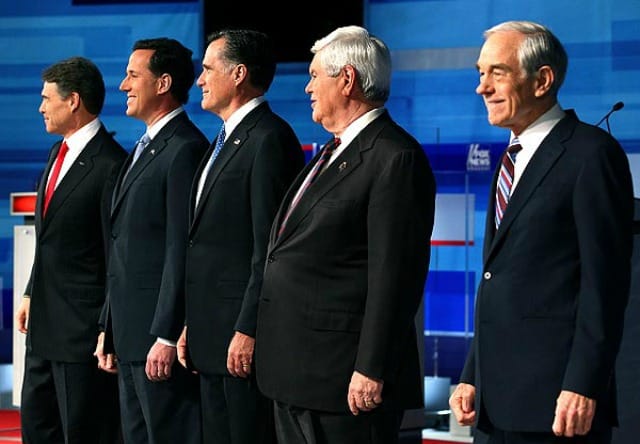Videogames: the future of electoral politics?

Are politics still the “strong and slow boring of hard boards” Max Weber once called them? Some new advances in the realm of political games throws Weber’s comment into sharp relief:
“What’s happened over the last few years is that politicians, political parties, non-profits, and lobbyists have realised that games can be used to influence voter behaviour,” says Gabriel Zichermann, the CEO of Gamification Co.
“Games are the best forum of behaviour modification therapy than we have,” he says, adding that behaviour change has always been a huge part of politicking.
“It’s always about influencing decision-making, and about engaging people to take a certain action: campaign, recruit your friends, vote for our candidate.”
Mr Zichermann added that although “we’ve seen little bits of gamification in previous campaigns [see Ian Bogost’s game for Howard Dean’s 2004 presidential bid],” there hasn’t yet been “one campaign that brings them together.” The challenge is adapting politics “to be interesting to this gamer generation,” who have learned to “expect a more immediate gratification” and “reward and sociability” than electoral politics usually offers.
–Yannick LeJacq
[via BBC News][Image via The LA Times]



